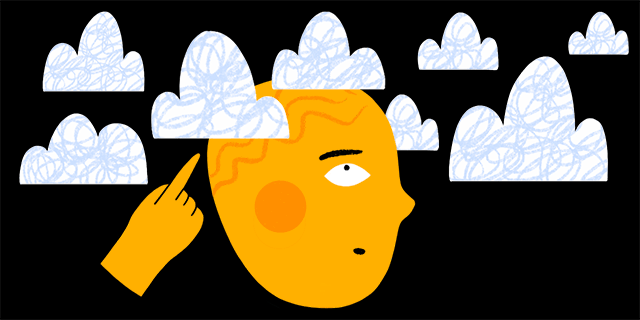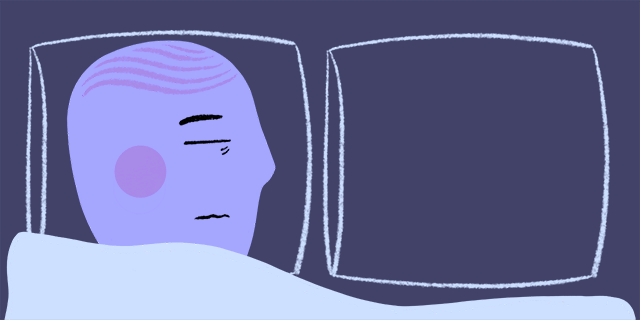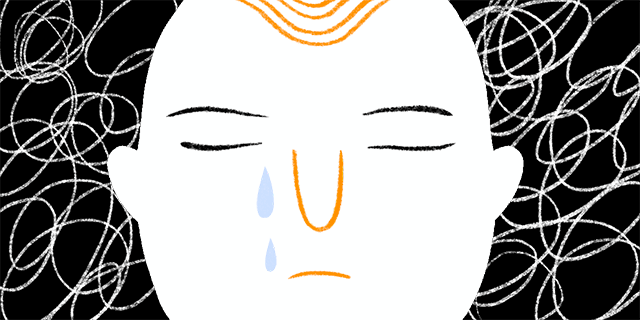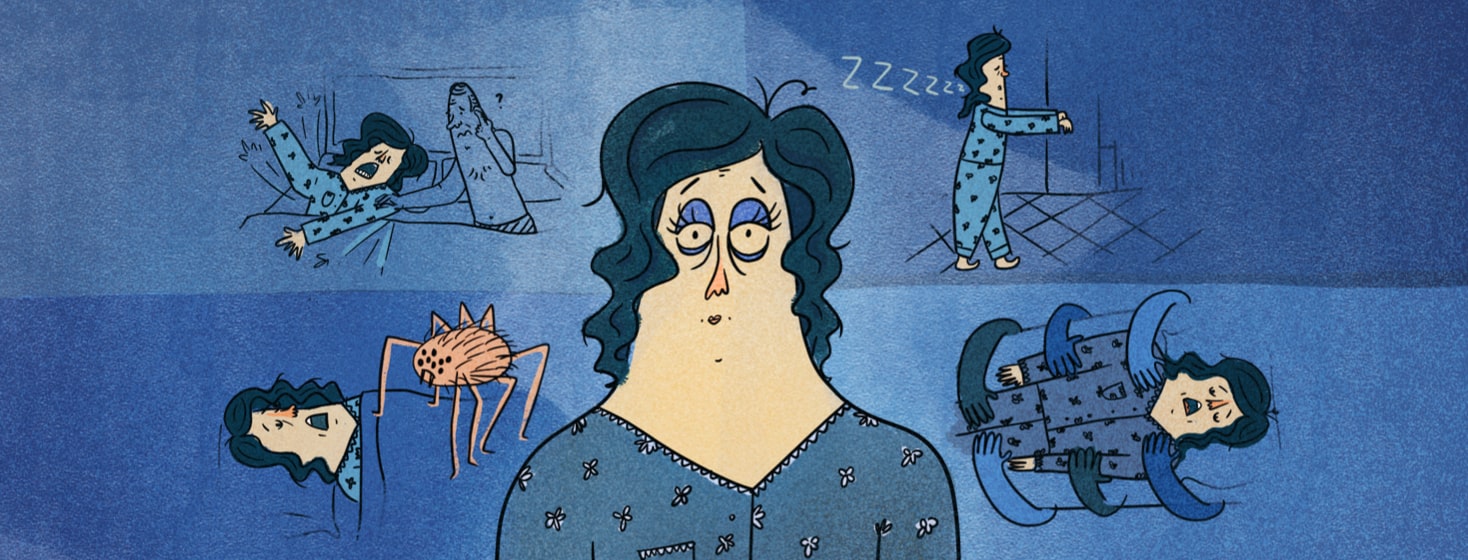Community Views: The Most Surprising Symptoms of Narcolepsy
Living with narcolepsy includes navigating many symptoms. It is a daily challenge. The symptoms can significantly alter your life. We were curious about the symptoms you experience with narcolepsy. We recently asked our Facebook community: “What has been your most surprising symptom of narcolepsy? How do you manage it?”
You shared how this disease impacts you.

Memory, focus, and brain fog
One hallmark symptom of narcolepsy is excessive daytime sleepiness, or EDS. This sudden feeling of sleepiness can come on at any time. It is not determined by how much or little sleep you get at night. This symptom can leave you feeling:1
- Foggy
- Unfocused
- Unable to remember things
You may also experience automatic behaviors that contribute to brain fog. You engage in automatic behaviors when you fall asleep for several seconds while performing a task. You find that you cannot remember what you read. Notes you made look like gibberish. Many of you feel frustrated with these symptoms.1
“Not being able to remember things. I love reading. I can read a book and know I loved it but can’t remember small details about it.”
“Automatic behaviors and brain fog. It’s interesting to read the notes I take during that time. It’s usually unintelligible nonsense.”
“That I keep making major decisions that make sense at the time. Then figure out it wasn’t such a good decision.”
“Not being able to read much anymore, and I have spent a lifetime (up until a few years back) devouring books.”

Featured Forum
View all responsesDreams, hallucinations, and sleep problems
Narcolepsy often leads to disturbed sleep and dreams. You experience very vivid dreams. These can disrupt your sleep, resulting in poor sleep quality.1
You also shared your experiences with hallucinations and sleep paralysis. Hallucinations occur as you fall asleep or wake up. They can include frightening, vivid images.1
Often sleep paralysis accompanies hallucinations. During sleep paralysis, you feel trapped in your body, unable to move. It can last several seconds or a few minutes. These symptoms often feel alarming and scary.1
“The hallucinations, which I call pre-dreams. They have actually saved my life many times because I recognize that I’m going to fall asleep when I start dreaming while awake.”
“Sleep paralysis. Sometimes I get up in the night to pee, and when I try to go back to my bed from the bathroom, my legs feel they are fighting for the right to move.”
“Sleepwalking.”
“Lucid dreams. I’ve woken my entire household screaming in the middle of the night.”

Surprising symptom triggers
Many of you find unexpected triggers impact your narcolepsy. Strong emotions can trigger muscle weakening and loss of control (cataplexy). While it is a common symptom, it feels unsettling when it occurs.1
Another symptom you find surprising is strong reactions to temperature. You need a consistent temperature, or you begin to struggle. Additionally, depression and narcolepsy can form a vicious cycle of exhaustion. Each exacerbates the other, and you feel stuck.1
“I didn’t develop anger as a trigger for cataplexy until my father developed Lewy body dementia. Since he passed away, I’m back to silliness and laughter. I wasn’t ever angry/mad at him, just his symptoms.”
“The lack of muscle tension in my hands is relentlessly annoying.”
“One of the oddest things that developed is intolerance to heat and more sweating than usual.”
“Too much above or below 72 degrees, and I have problems.”
“My depression fuels my tiredness; my tiredness fuels my depression.”
Thank you for sharing your experiences
We appreciate all the thoughtful responses to our questions. Living with narcolepsy is challenging. Sharing with one another helps us feel less alone.
Want to see more articles like this? Browse our collection of Community Views articles and read more stories and advice from the narcolepsy community by clicking the button below!

Join the conversation